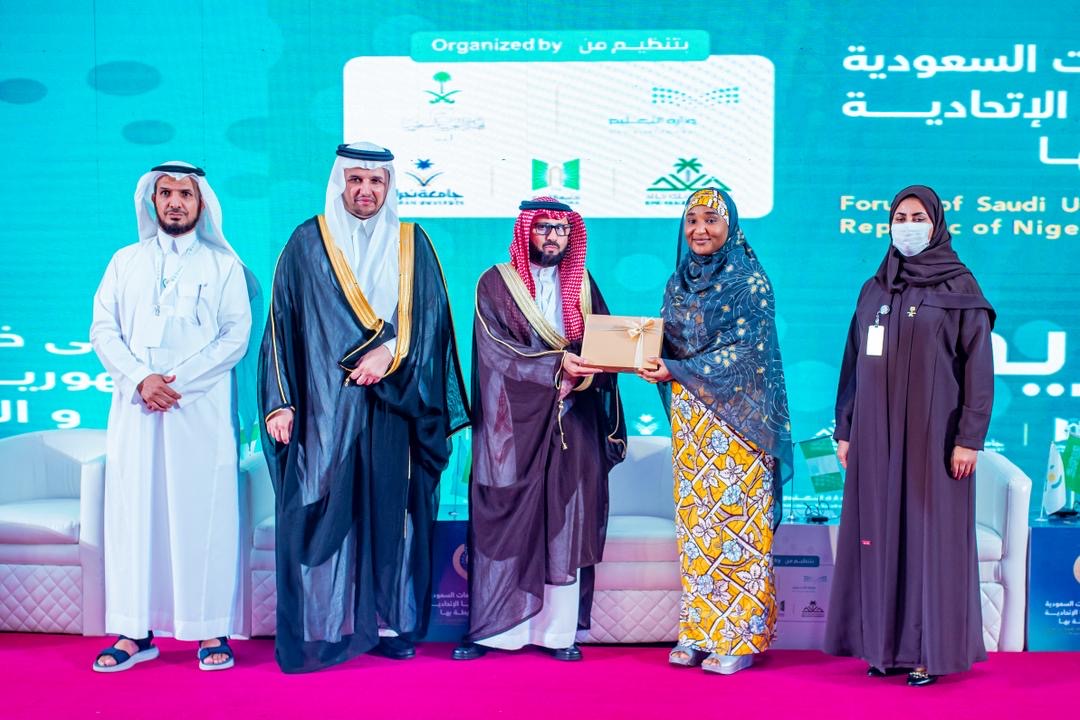Saudi Alumni Forum Opens in Abuja, Champions Academic Diplomacy
Education diplomacy in focus as Nigerian-Saudi graduates gather to discuss national development and bilateral partnerships
Says over 3,200 graduated Nigerians, 850 currently studying in Saudi universities
By Abdullahi Yusuf
Education may be one of the most powerful tools of diplomacy and Saudi Arabia is using it to build bridges across continents.
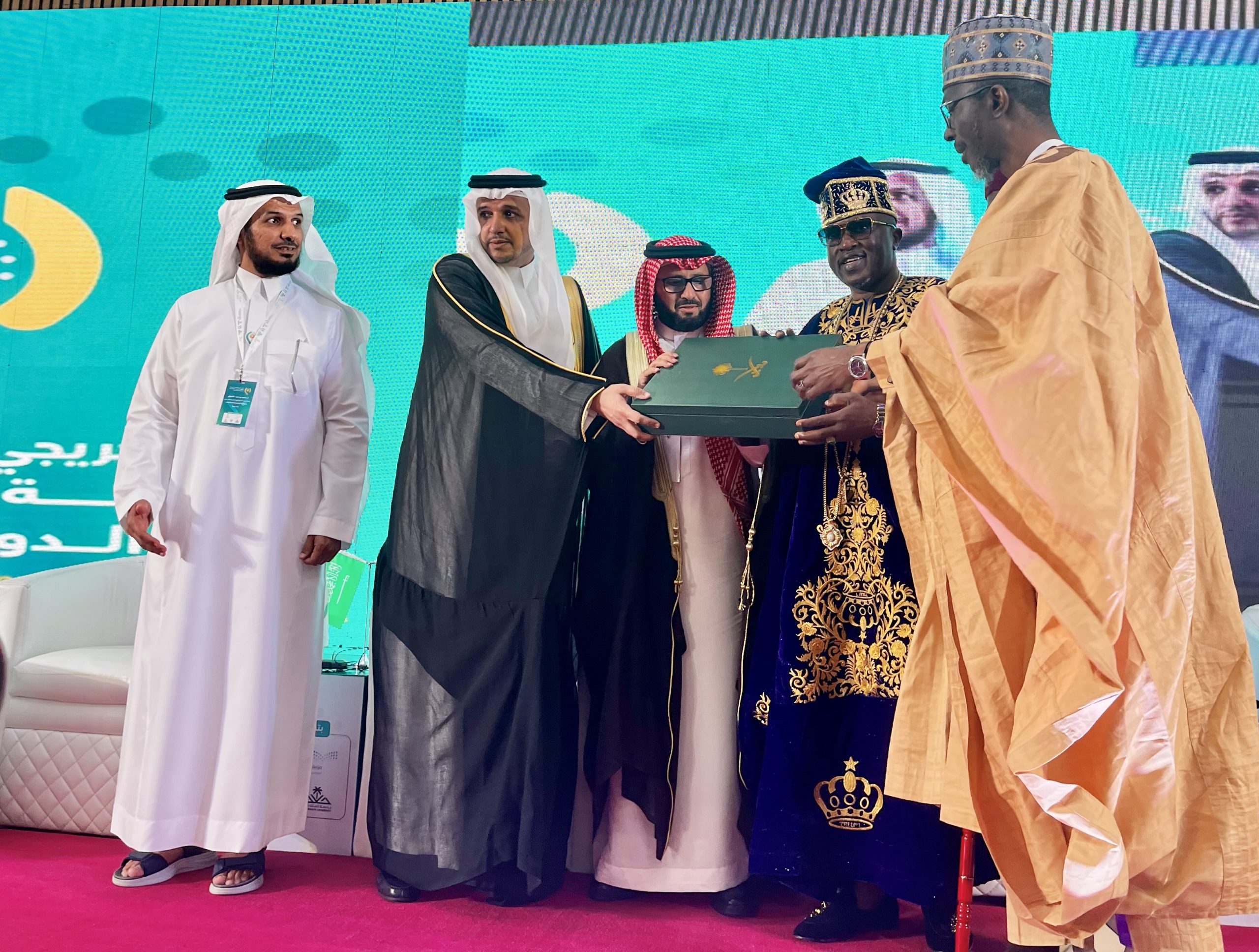
In Abuja on Monday, Nigerian graduates of Saudi universities gathered under the banner of the Forum of Saudi University Alumni in Nigeria and Neighbouring Countries to reflect on how learning acquired abroad can translate into social change at home.
Organised by King Khalid University under the auspices of the Saudi Ministry of Education, and in partnership with the University of Tabuk and Najran University, the three-day forum brought together more than 400 alumni, scholars, and officials from both nations.
The theme “Alumni of Saudi Universities in the Federal Republic of Nigeria and Their Impact on Sustainable Development” underscored a deeper conversation: how education abroad can shape peace, tolerance, and national growth in an era of global uncertainty.
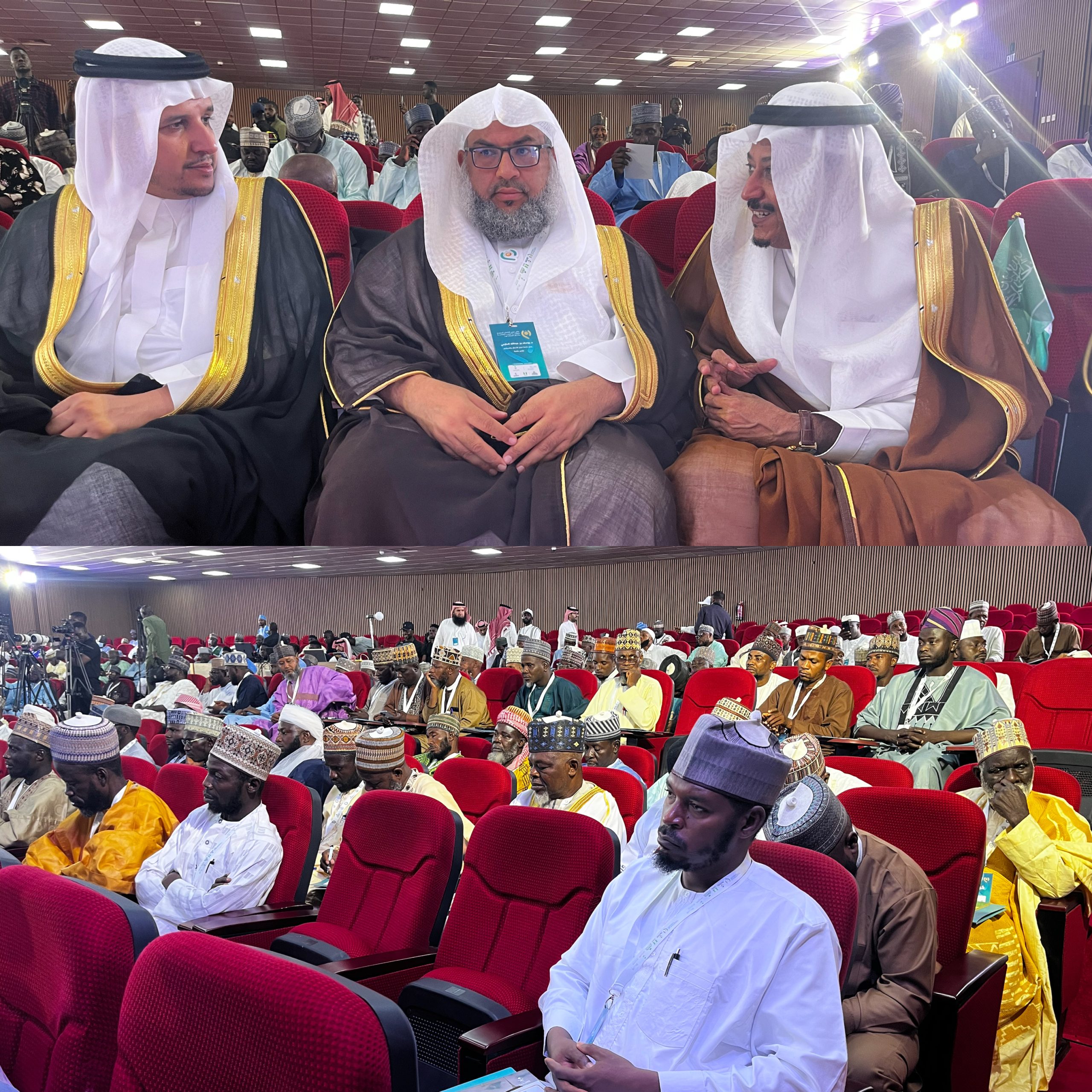
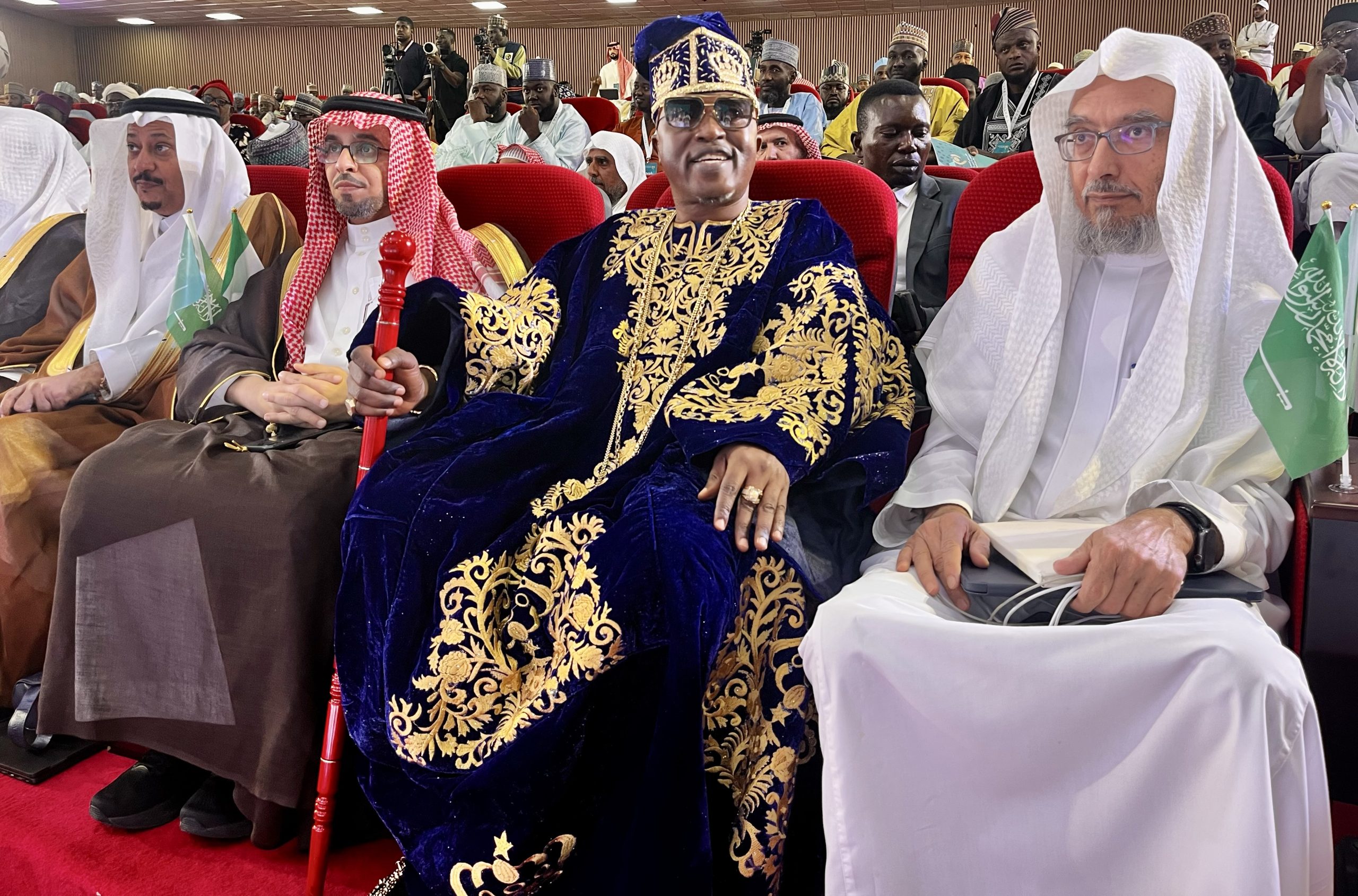
Representing the Saudi government, Mr. Saad bin Fahd Al-Marri, the Chargé d’Affaires of the Saudi Embassy in Abuja, said the Kingdom’s scholarship programme was designed not only to promote academic excellence but also to “build bridges of understanding across nations.”
He said initiatives such as the Study in Saudi Arabia platform were part of Riyadh’s broader educational diplomacy aligned with Vision 2030, a blueprint to modernize the Saudi economy while expanding international engagement.
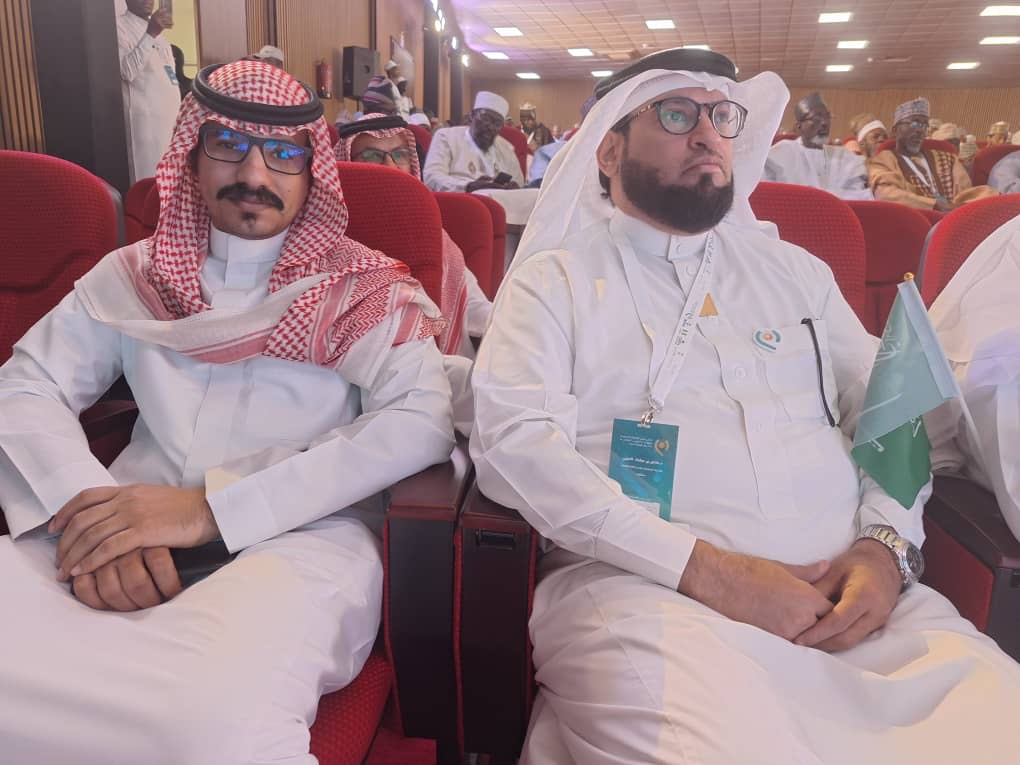
“The qualitative development witnessed by education in the Kingdom reflects our leadership’s commitment to building a globally leading system, one that keeps pace with scientific and technological advances,” Al-Marri said.
He added that Saudi Arabia’s universities have increasingly opened their doors to students of all faiths and nationalities, a message that signals a changing global posture by the traditionally conservative Gulf nation.
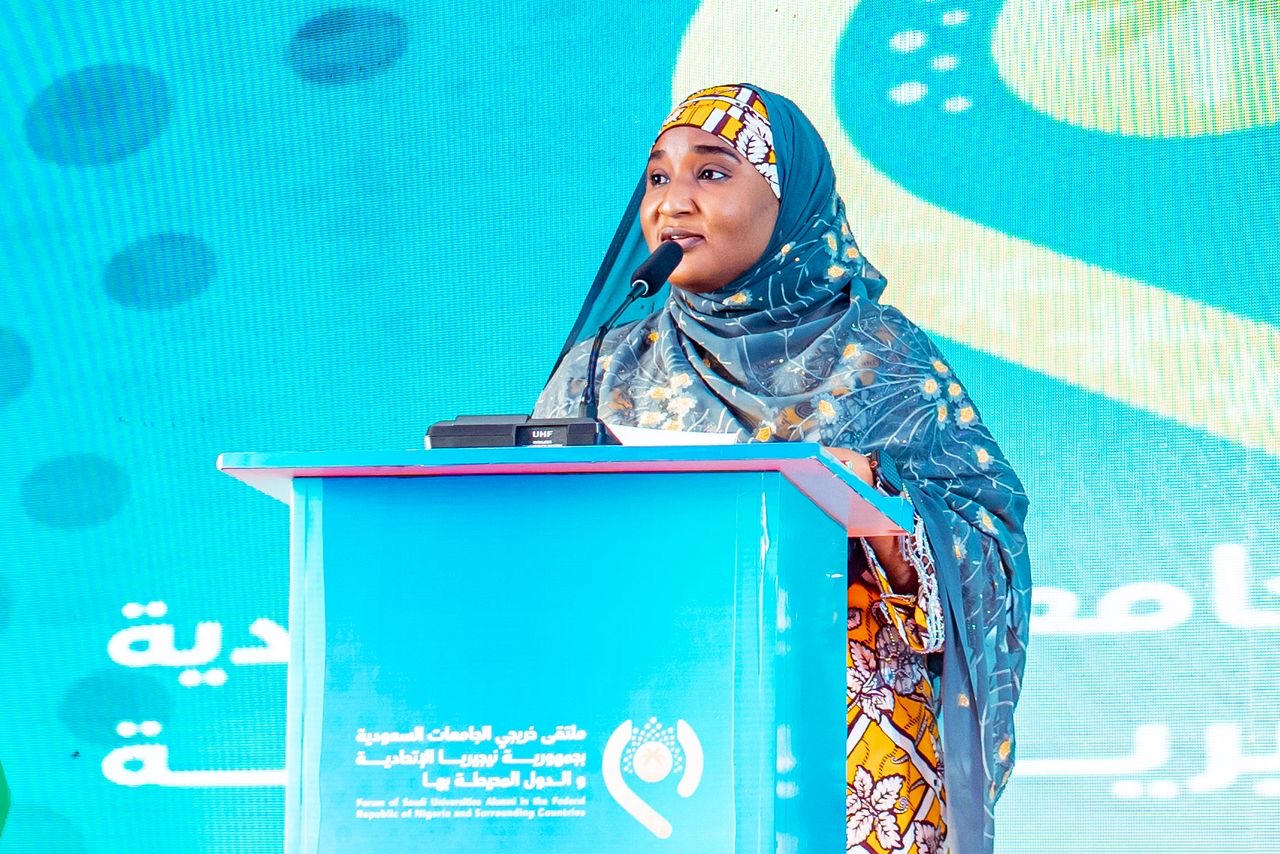
Nigeria’s Minister of State for Education, Dr. Suwaiba Saidu Ahmed, who attended the opening, praised the Kingdom for its “longstanding commitment to human capital development” and the thousands of Nigerians who benefited from its scholarships.
“You embody the bridge of friendship, cooperation and shared values between Nigeria and the Kingdom of Saudi Arabia,” she said in her goodwill message.
“Beyond academic achievements, you have become scholars, professionals, entrepreneurs and community leaders shaping our society positively.”
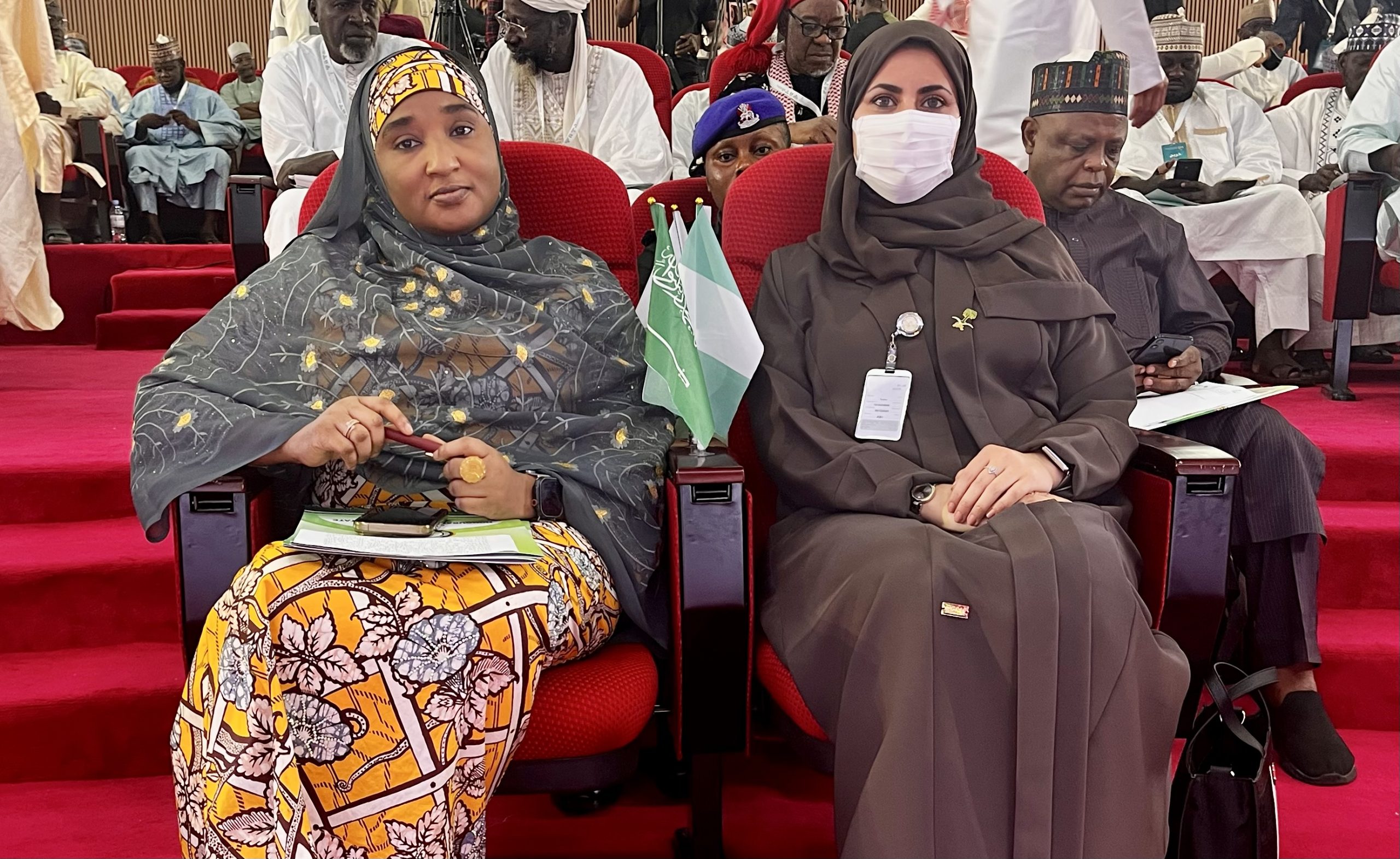
Dr. Ahmed noted that the exposure to Saudi institutions had instilled in alumni discipline, global perspectives and a strong sense of service and values, she said, that were vital to Nigeria’s quest for sustainable development.
In an interview with PEACE Magazine, Dr. Muhammad Munir Ilyas, Secretary of the Alumni Forum and a graduate of the Islamic University of Madinah, reflected on the moral and social foundations of Saudi education.
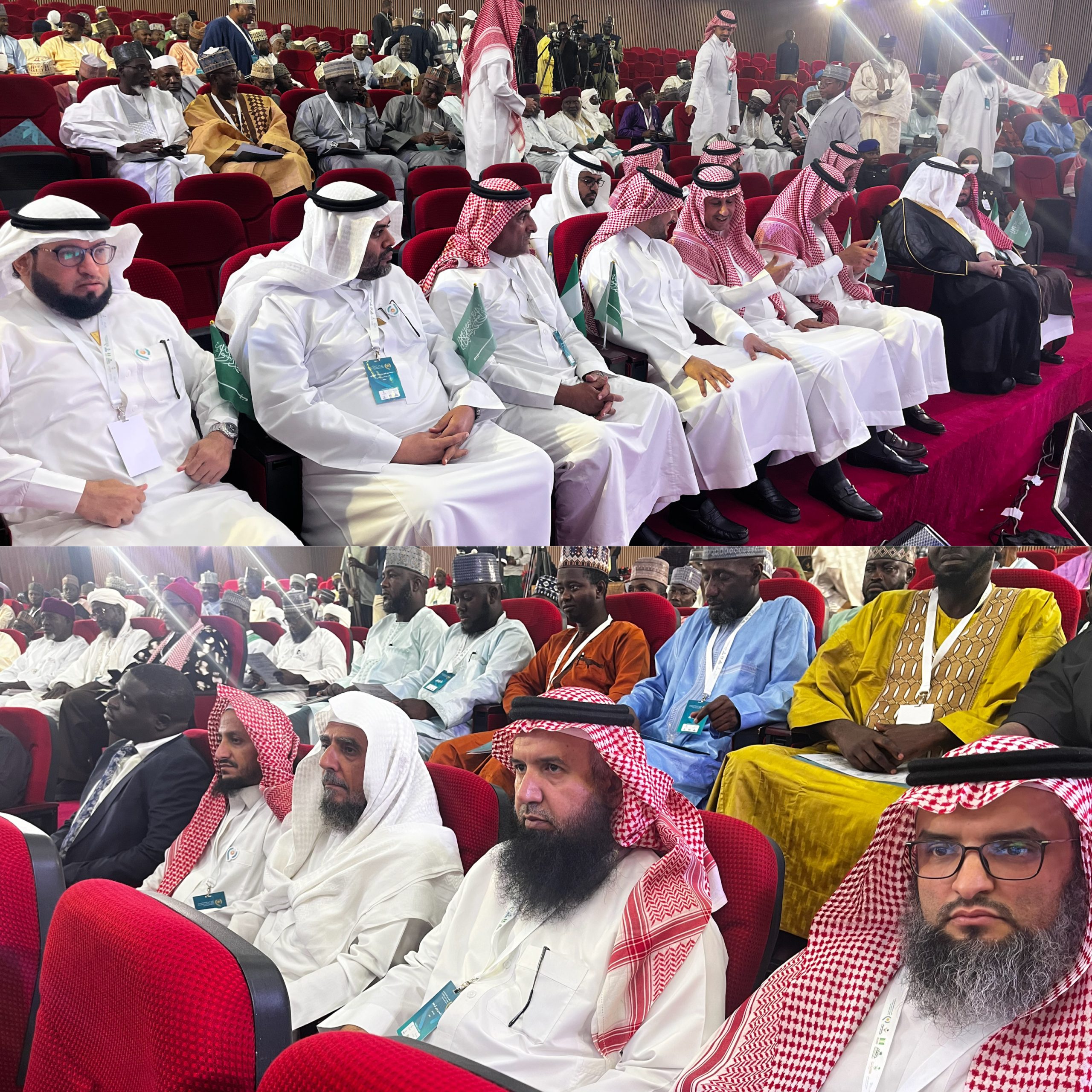
“The teachings of the Qur’an emphasize peace, respect and coexistence,” he said.
“Where there is no peace, there can be no development. The values we learned encourage us to be law-abiding citizens, peacebuilders and community mentors.”
He added that many Saudi-trained alumni have become imams, teachers, journalists and professionals who “promote positive thinking and peaceful coexistence” across Nigeria.
In a rare statement reflecting Saudi Arabia’s evolving education policy, officials confirmed that non-Muslims are welcome to study in Saudi universities.
“Our regulations make scholarships accessible to all,” one official said.
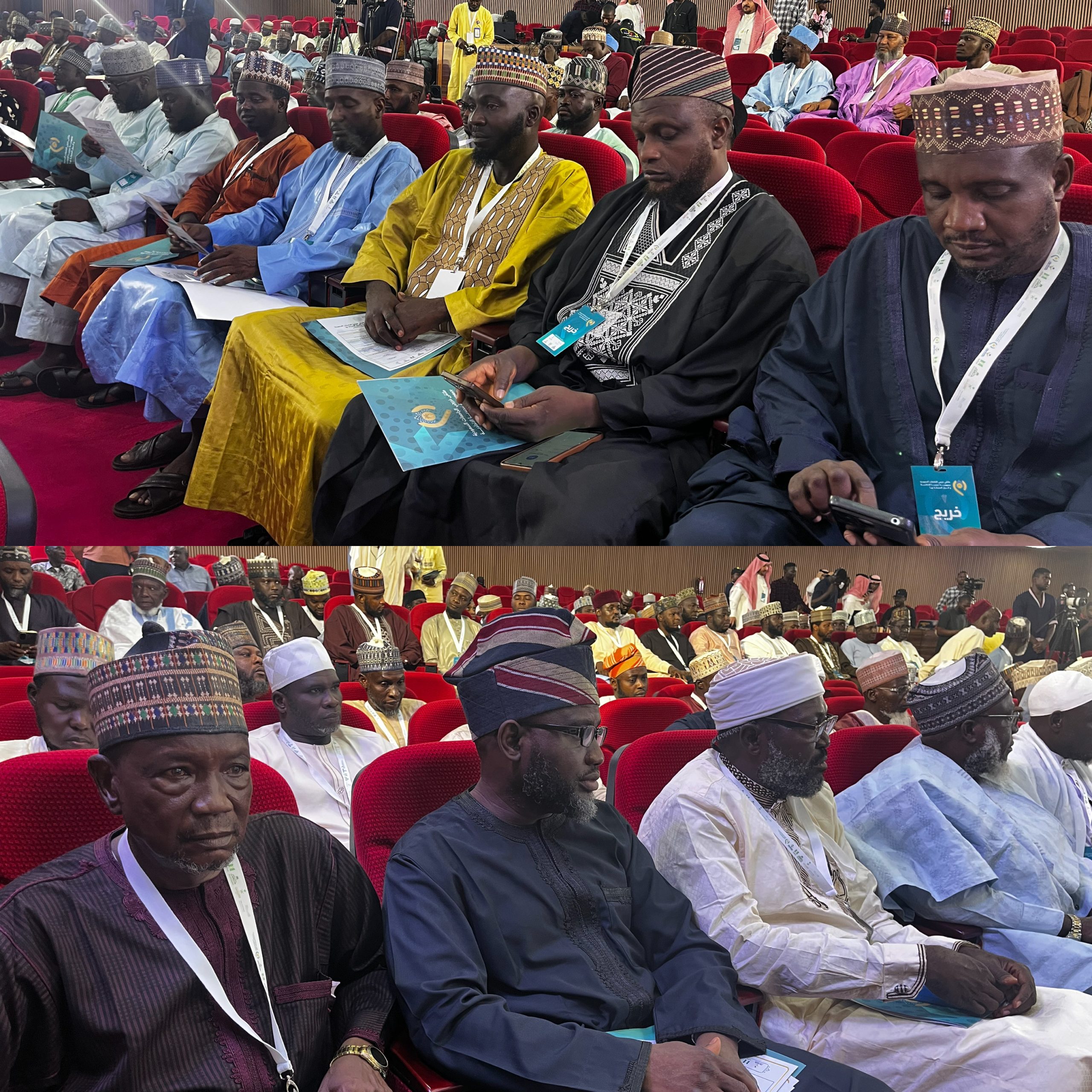
“At King Abdullah University of Science and Technology and King Fahd University of Petroleum and Minerals, there are students from all faiths and continents. Qualified graduates can even stay on as researchers or faculty members.”
According to Saudi data, more than 3,200 Nigerians have graduated from Saudi universities, while 850 students are currently enrolled, many of them in science, engineering and Islamic studies.
The alumni gathering in Abuja is one of several regional initiatives designed to strengthen communication between Saudi universities and their international graduates, tracking their contributions in their home countries while fostering collaboration in education, science, and culture.
It also aims to reinforce sound Islamic identity amid modern challenges, while consolidating research and academic ties between Saudi Arabia and Nigeria, part of a broader vision to promote the exchange of expertise and success stories across borders.
In essence, the forum reflects Saudi Arabia’s evolving commitment to empower, support, and remain connected with its alumni worldwide, not just as former students, but as lasting partners in building a more peaceful, educated, and cooperative world.
More Photos:
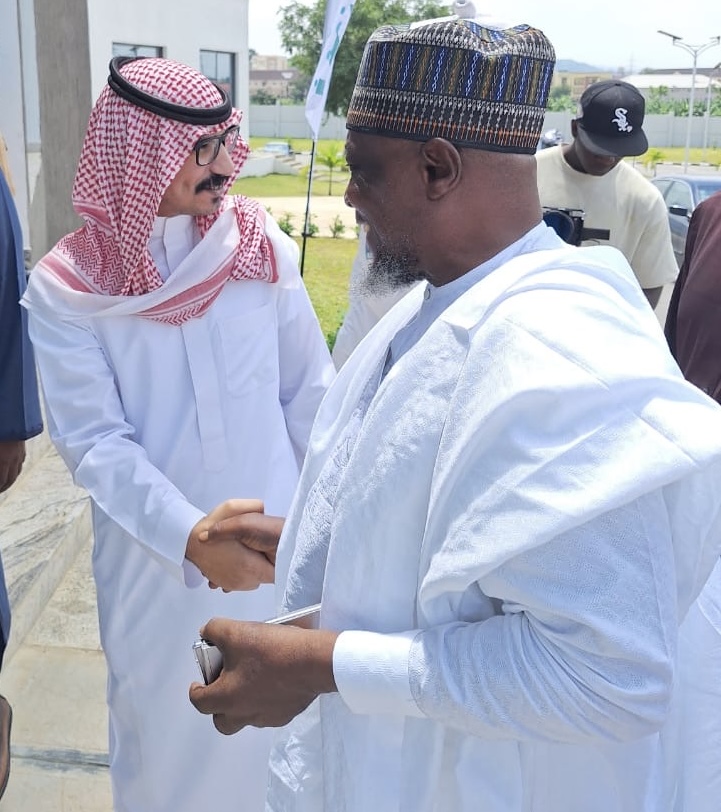
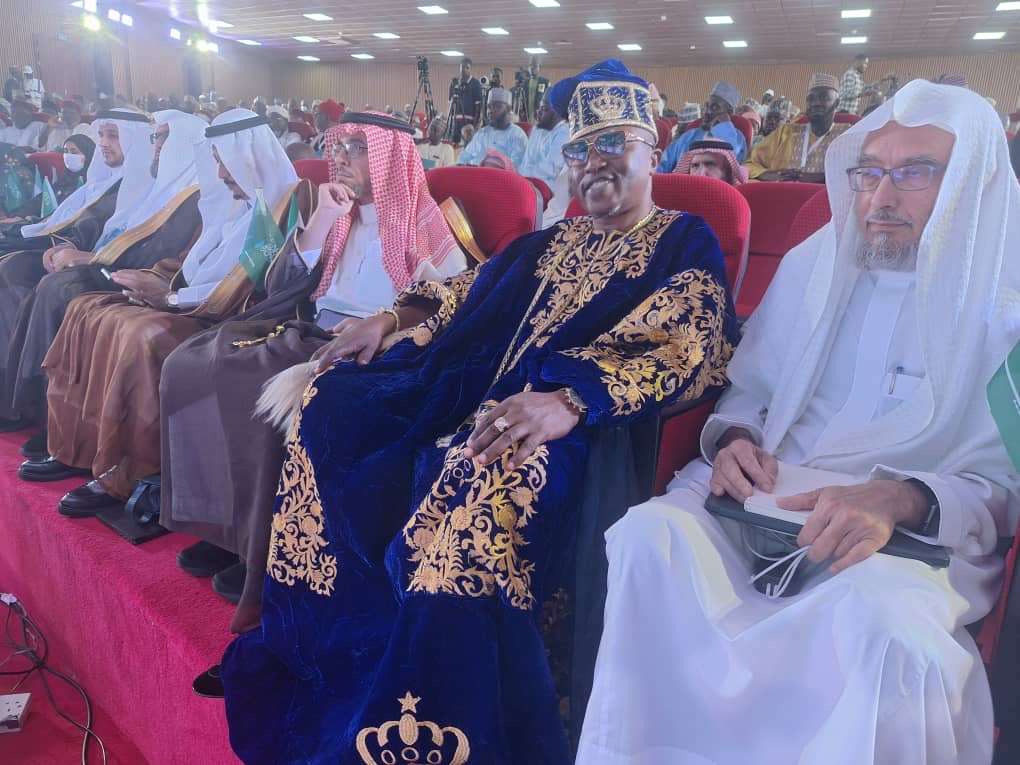
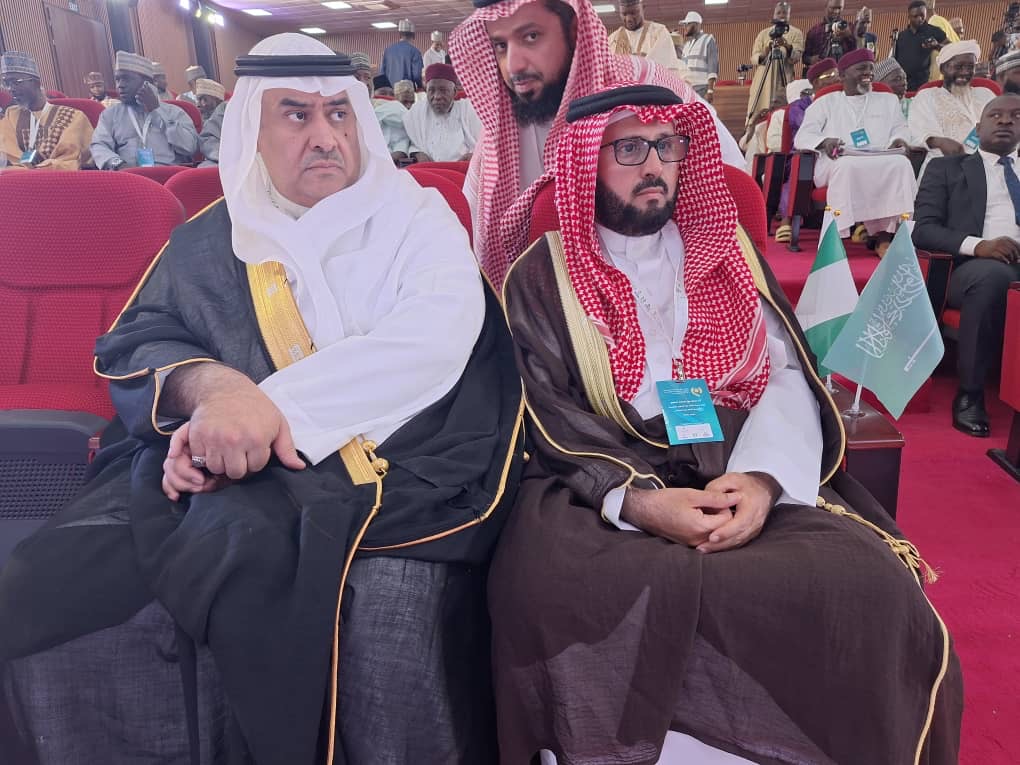
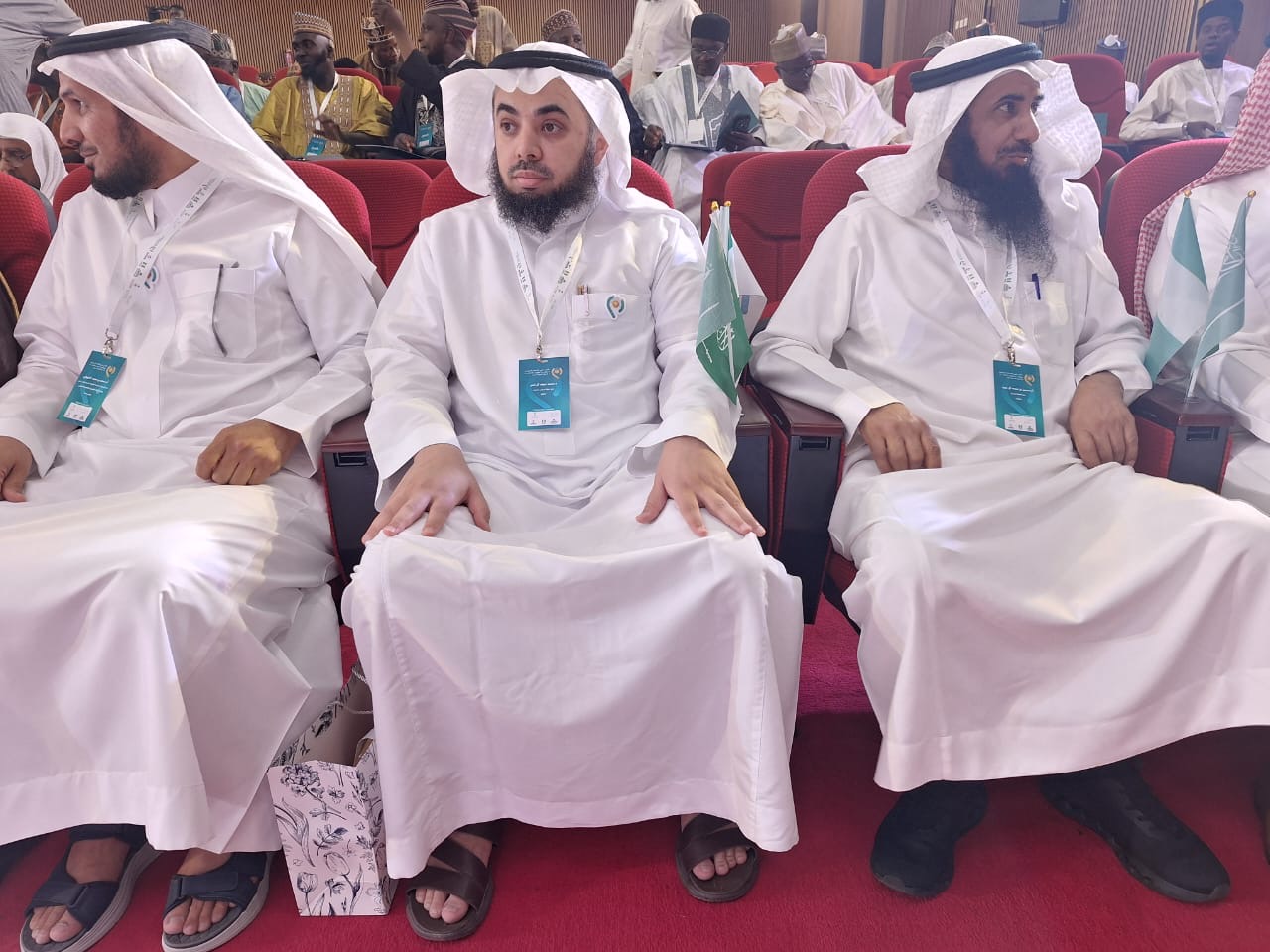
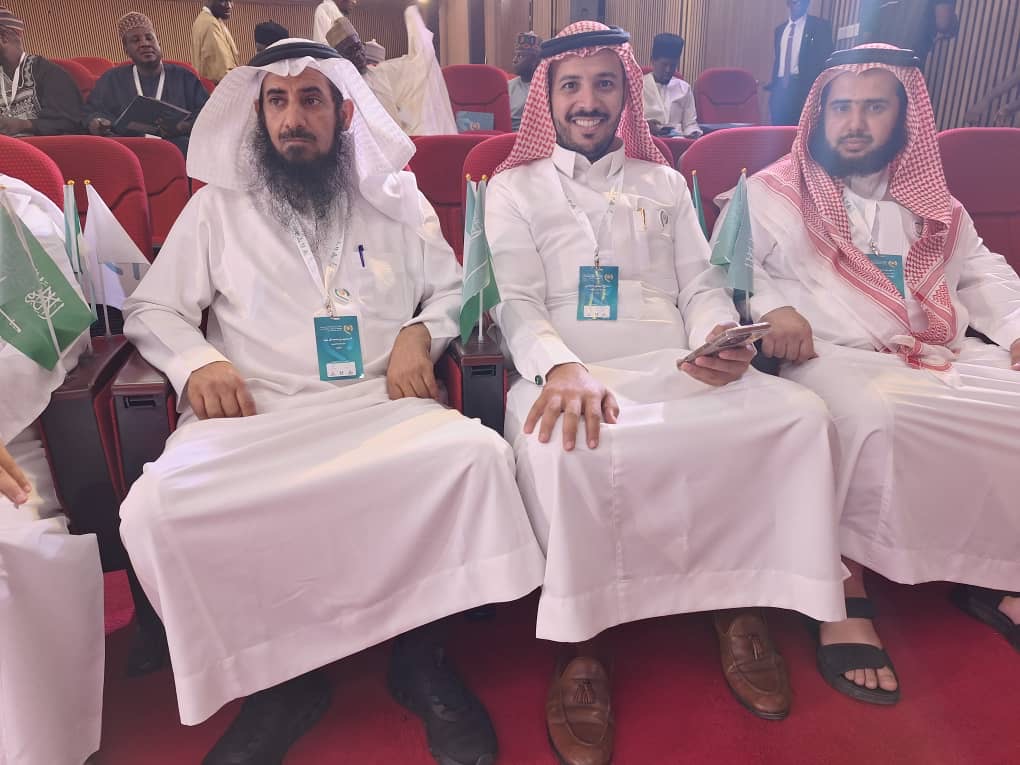
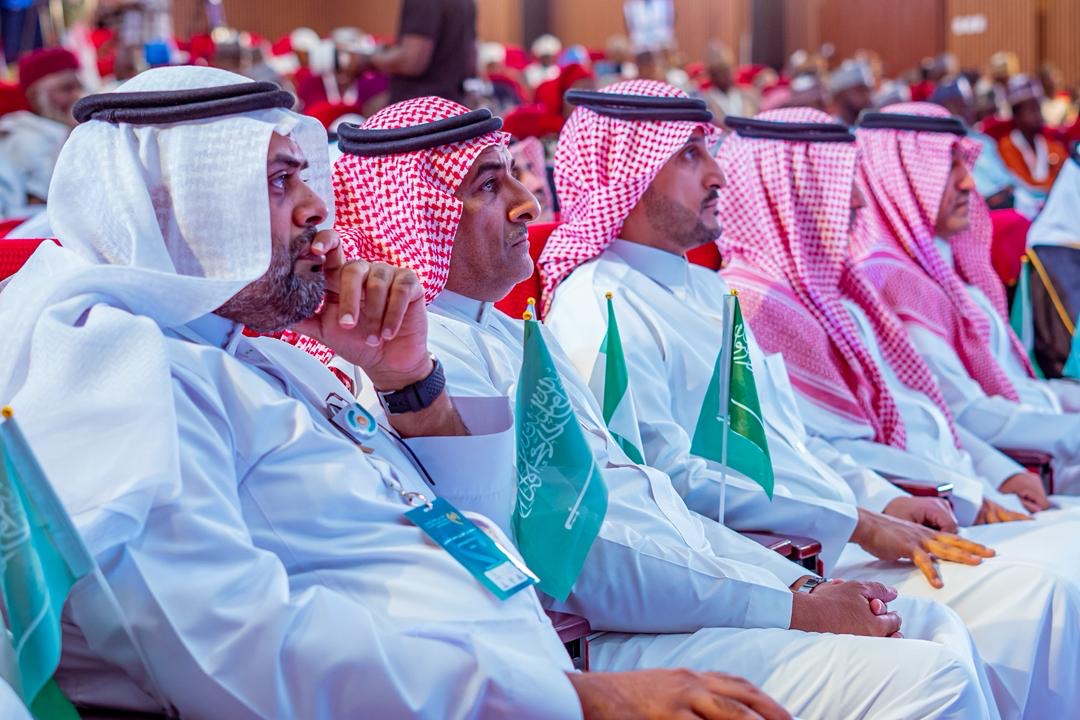
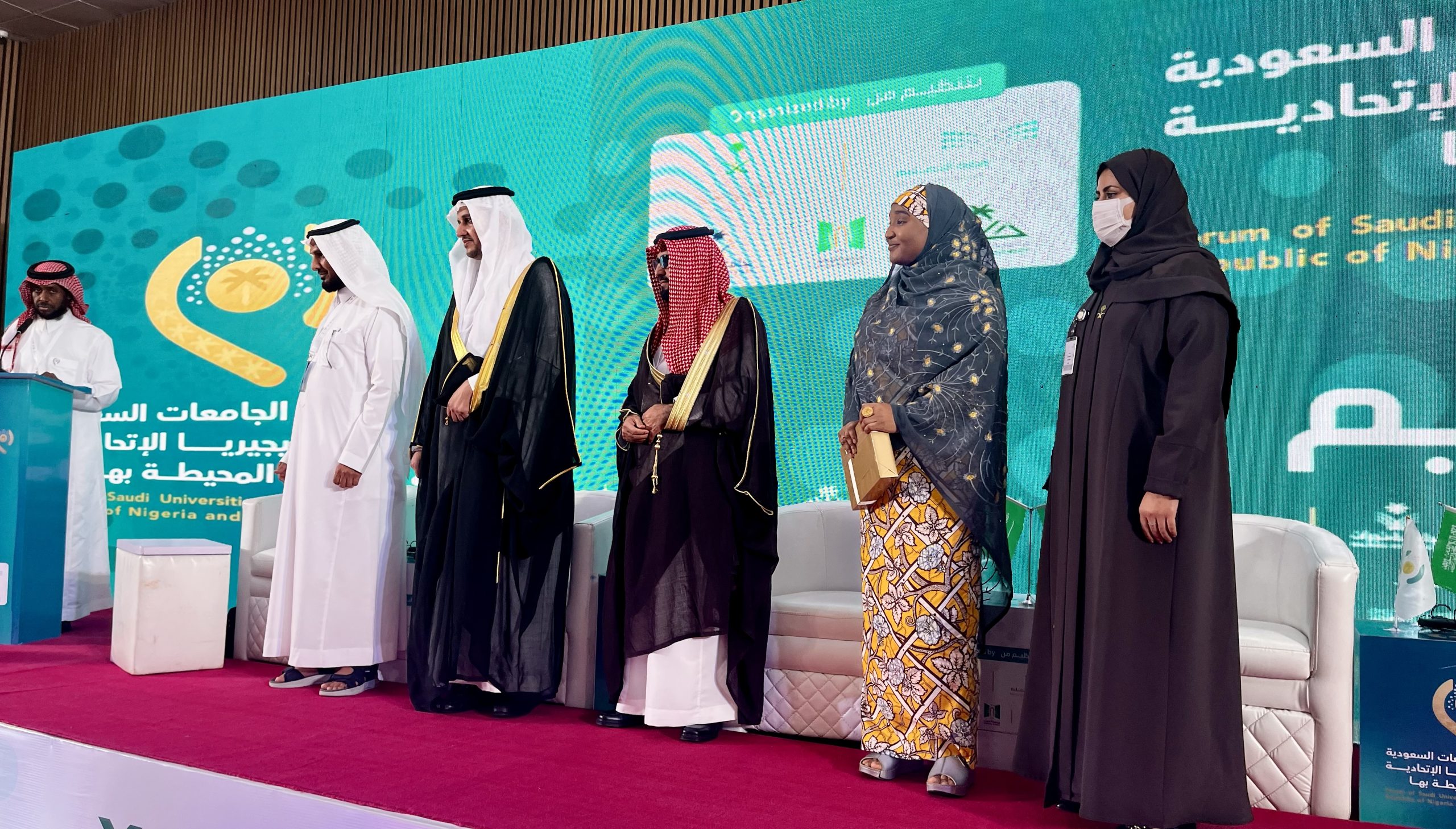
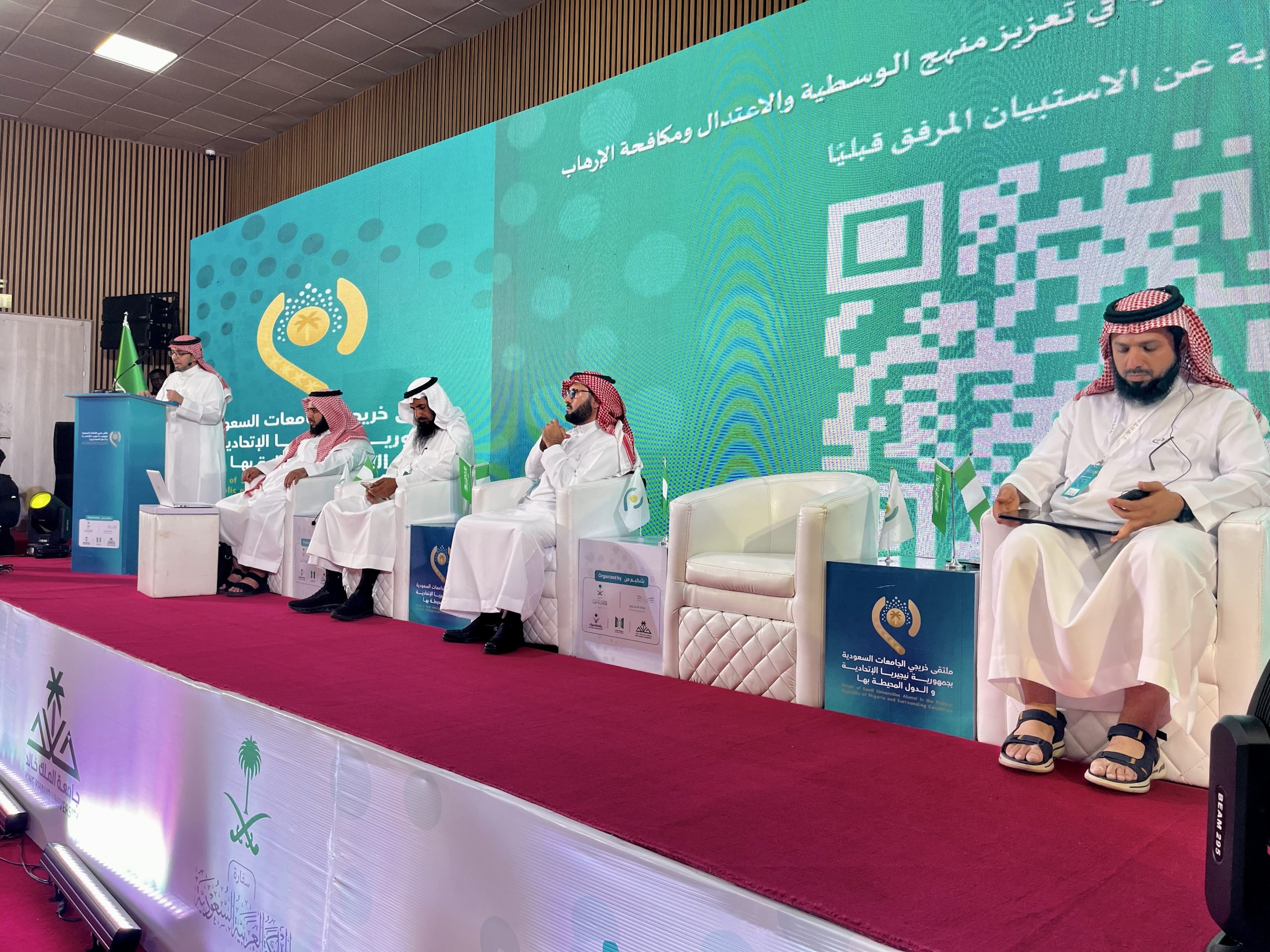
Additional photos: Jubril Garuba

